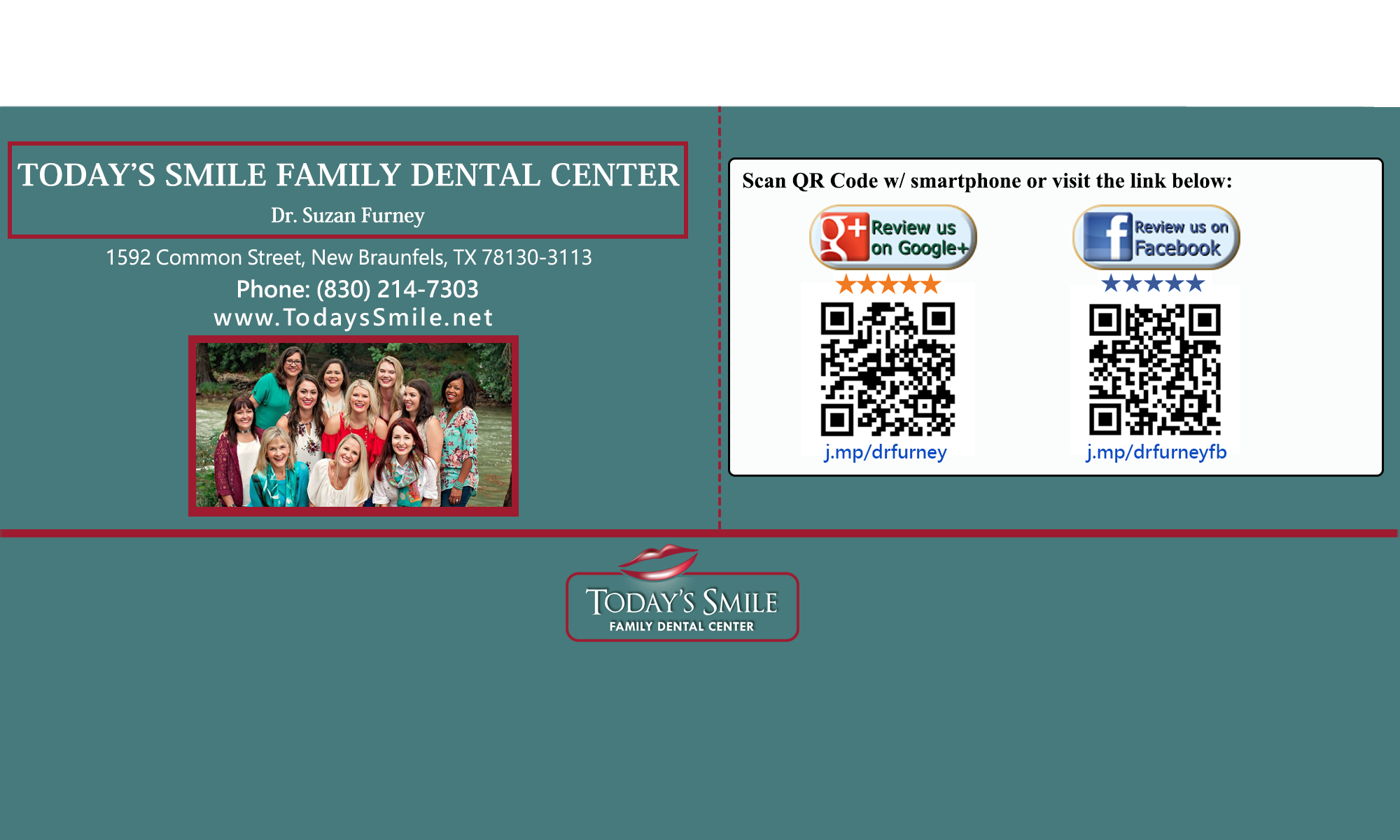Removable partial dentures usually involve replacement teeth attached to plastic bases, connected by metal framework.
They attach to your natural teeth with metal clasps or precision attachments. Precision attachments generally look better than metal clasps and are nearly invisible.
Crowns may be required on your natural teeth to improve the fit of a removable partial denture.
When you first get a partial denture, it may feel awkward or bulky. But you will gradually get used to wearing it.
It will also take a bit of practice to get used to inserting and removing the denture. It should fit into place easily and you should never force it.
Your dentist may suggest that you wear your partial denture all the time at first. While it will be uncomfortable for a while, it will help you identify if any parts of the denture need adjustment.
After making adjustments, your dentist will probably recommend that you take the denture out of your mouth before going to bed and replace it in the morning.
With a denture, eating should become a more pleasant experience compared to having missing teeth.
But, initially, youll need to eat soft foods cut into small pieces. And avoid foods that are extremely sticky or hard.
Some people with missing teeth find it hard to speak clearly so wearing a partial denture may help. However, youll probably need to practice certain words at first to get completely comfortable.
While it can take a little geting used to initially, a partial denture can help you enjoy your food with less worries.
